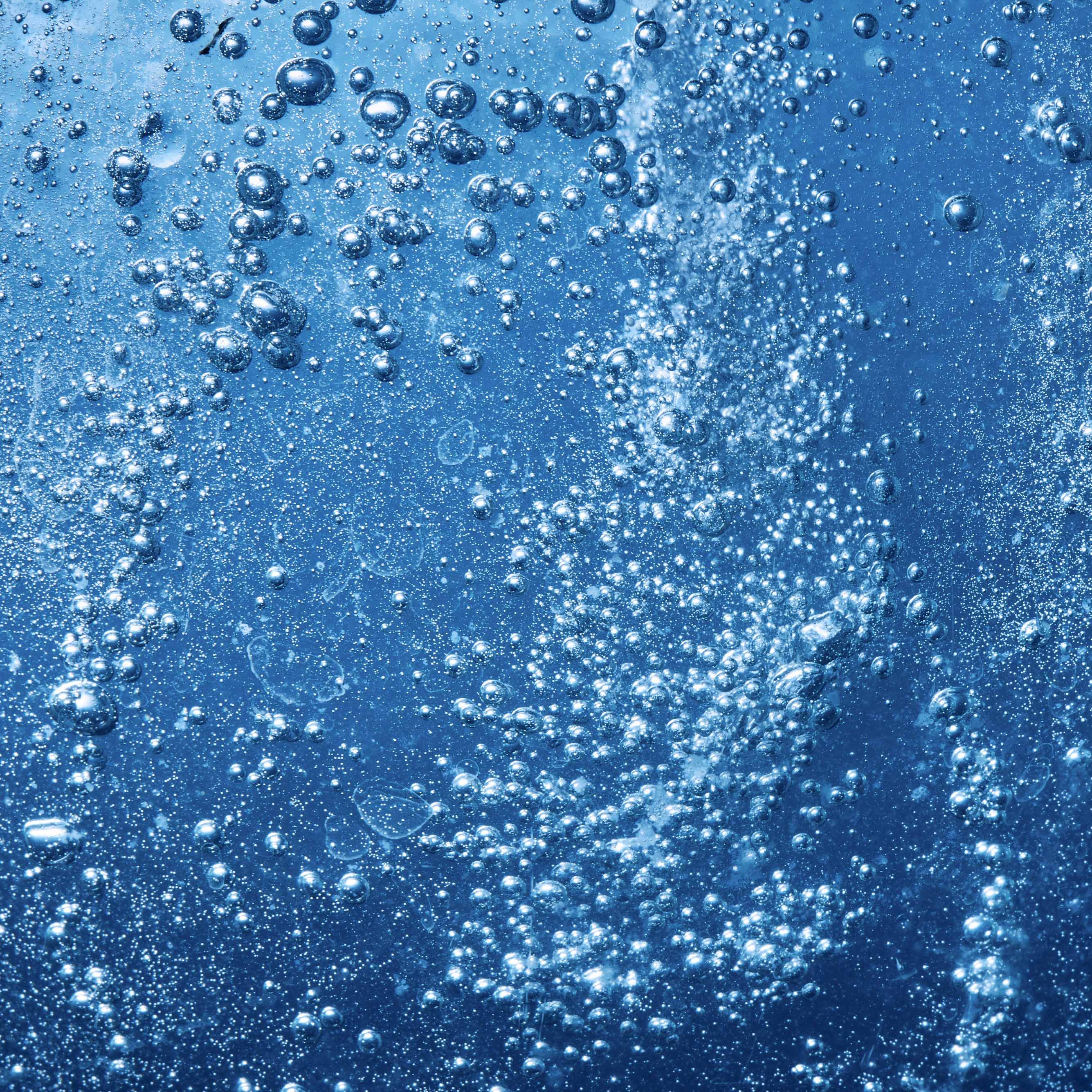Humans consist of more than 50% water, with infants even up to over 80%. Sufficient water intake is essential for our bodies. Without fluid, we can only survive for a little over three days.
Water is important for our metabolism and fluid balance: it is stored in cells and tissues, dissolves solid food, and allows fiber to swell. It transports vitamins and minerals to our cells.
Through sweating, we regulate our body temperature. The kidneys filter up to 1700 liters of blood daily, which consists of 79% water, much like a sewage treatment plant. Toxins are excreted through urine. Water thus serves as a transport, coolant, and fuel for the body.
To compensate for water losses through excretion, sweating, and breathing, we should therefore supply the body with between two and three liters of water daily. More is needed in hot weather or during exertion.
Water losses are felt most on the following day. Therefore, a balanced intake throughout the day is important. Hunger and thirst are very similar sensations. Those who drink enough feel less hungry. Therefore, a healthy drinking behavior also prevents overweight.
Water should preferably be consumed in its pure form, but unsweetened herbal teas are also an alternative. Coffee and black tea are less suitable due to their caffeine content: caffeine is a known diuretic and can even have the opposite effect due to its diuretic effect.
BOMB YOUR THIRST
NOT THE PLANET
Source:
https://www.tk.de/techniker/magazin/ernaehrung/trinken/ohne-wasser-laeuft-nichts-2004780?tkcm=ab

